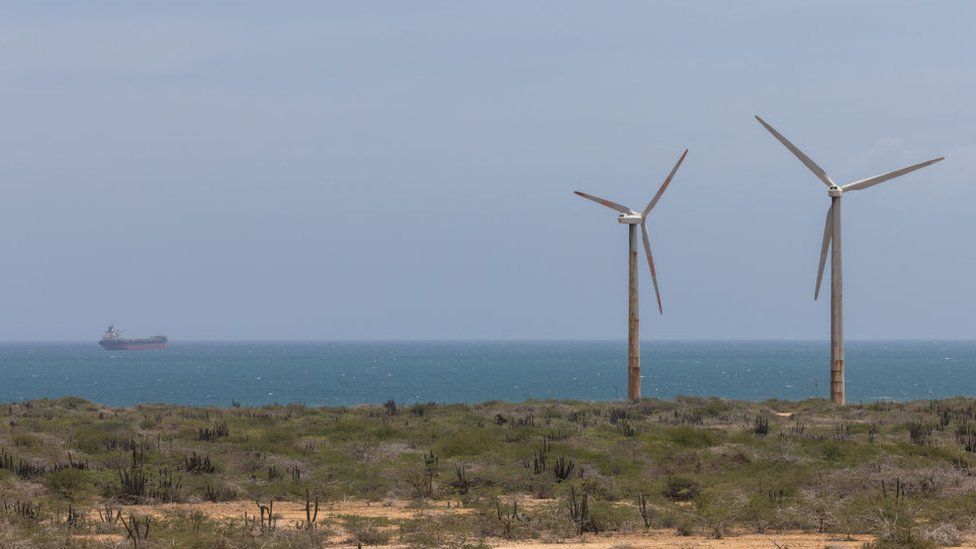-

-
-
Loading

Loading

Colombia has recently passed regulations to promote the production of renewable energy by local communities and indigenous groups, who can now sell this energy to the national grid. Currently, only 1% of the country's energy is generated from alternative sources. The new regulations allow community leaders, including Afro-Colombians, to form partnerships with both public and private companies to generate power from wind farms, small hydroelectric projects, and biofuels. This move is part of President Gustavo Petro's plan to diversify Colombia's energy sources. The government has already started accepting bids for offshore wind farms. Currently, over 70% of the country's power comes from large hydroelectric dams, which have significant social and environmental impacts. Since 2019, more than 50 wind and solar projects with planned generation capacities of 2.43 gigawatts in wind energy and 0.1 gigawatts in solar energy have been announced in Colombia, but none are currently operational. Some companies, like Italy's Enel, have faced delays in their investment due to local protests.